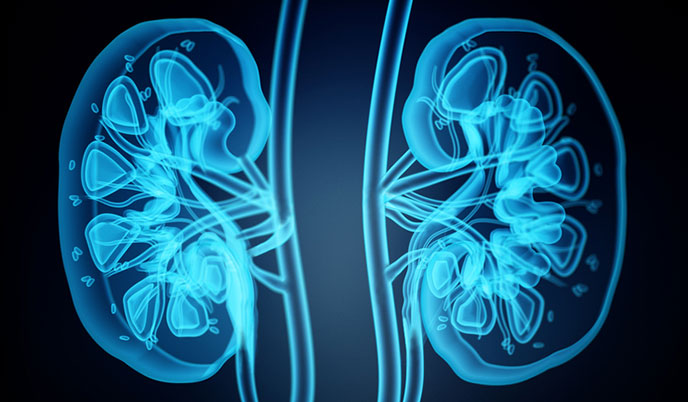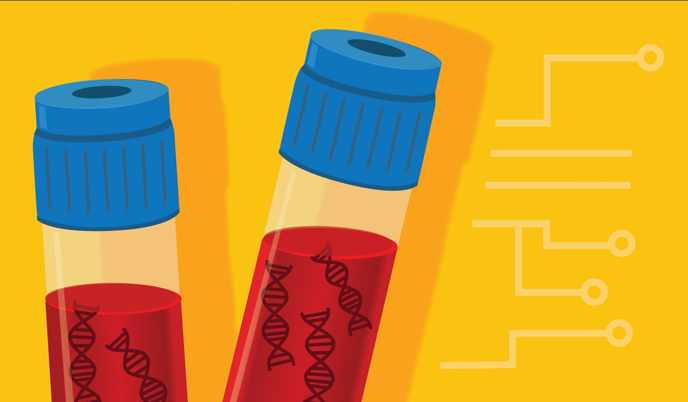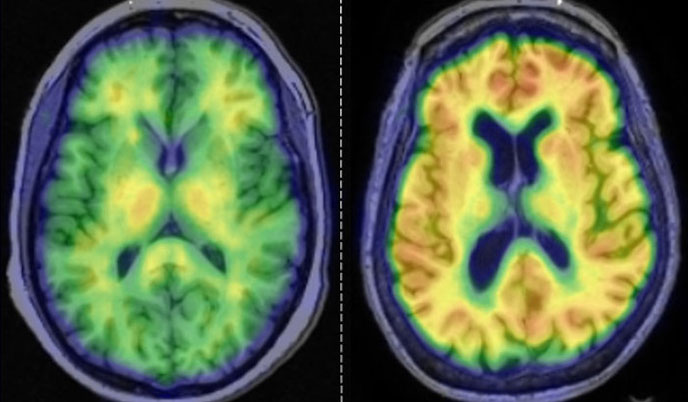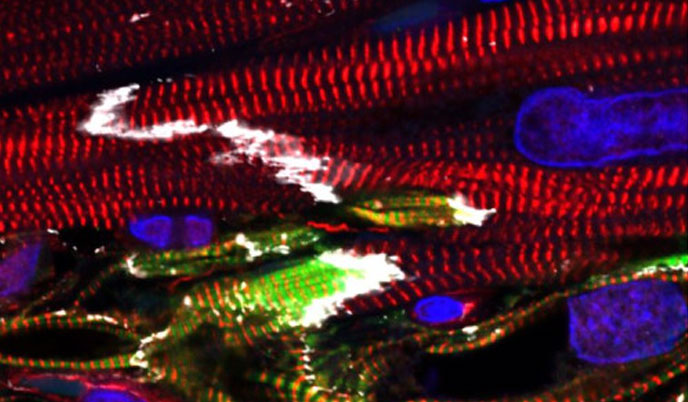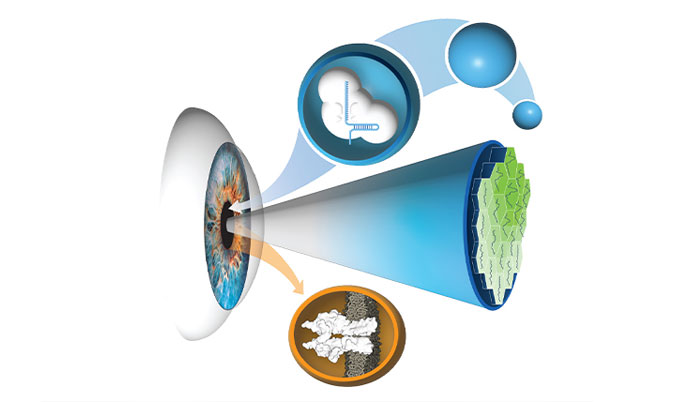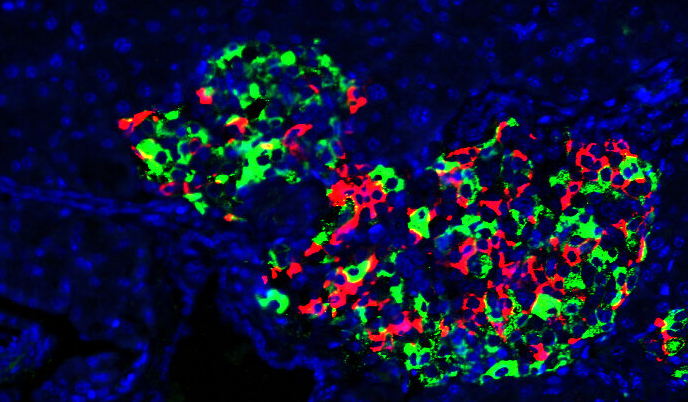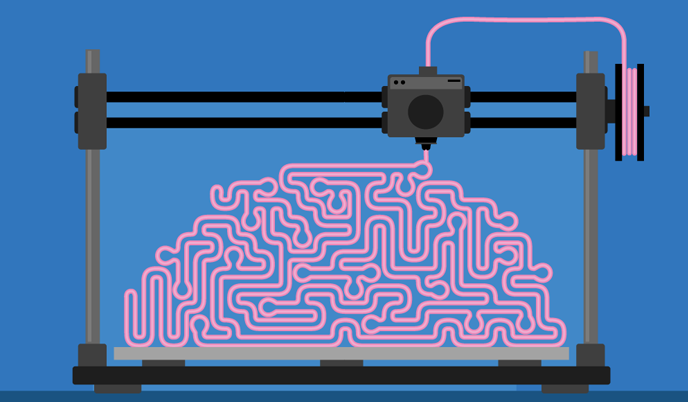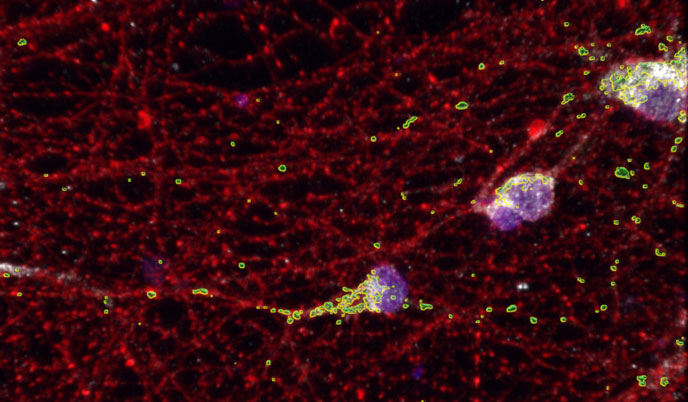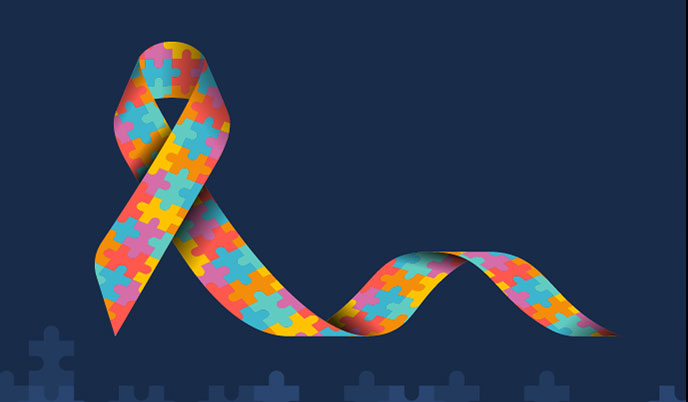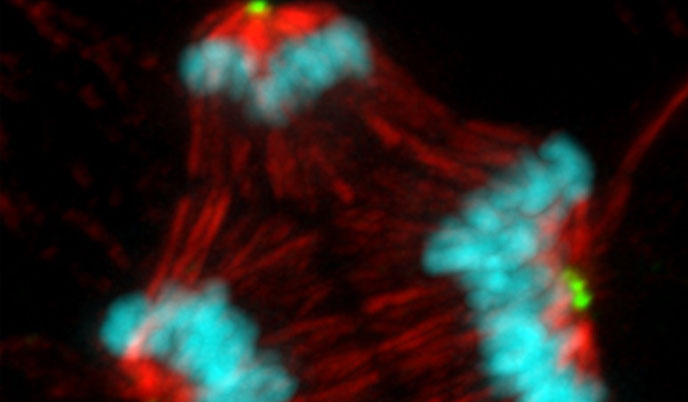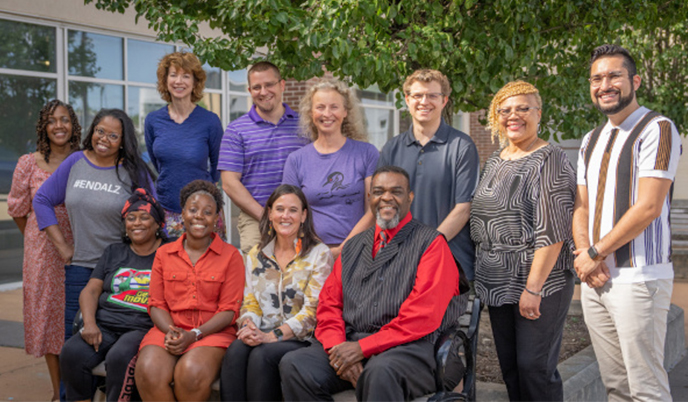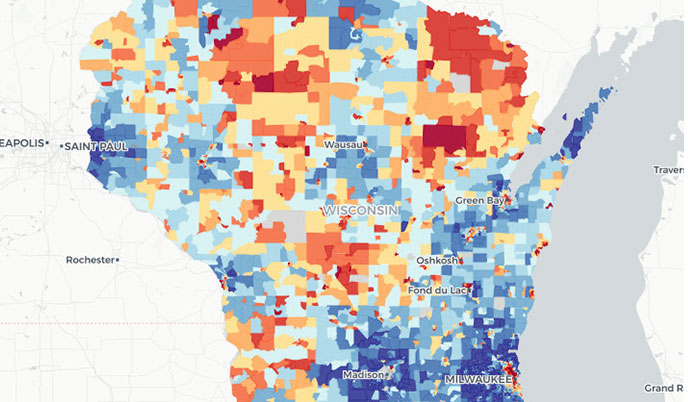Impact
 In keeping with the Wisconsin Idea, the UW School of Medicine and Public Health is improving lives beyond the boundaries of the university by advancing health and health equity through education, service and research. We are dedicated to educating and training health professionals to provide outstanding and innovative health care that is informed by groundbreaking research and clinical trials.
In keeping with the Wisconsin Idea, the UW School of Medicine and Public Health is improving lives beyond the boundaries of the university by advancing health and health equity through education, service and research. We are dedicated to educating and training health professionals to provide outstanding and innovative health care that is informed by groundbreaking research and clinical trials.
Meeting Health Care Needs Through Education
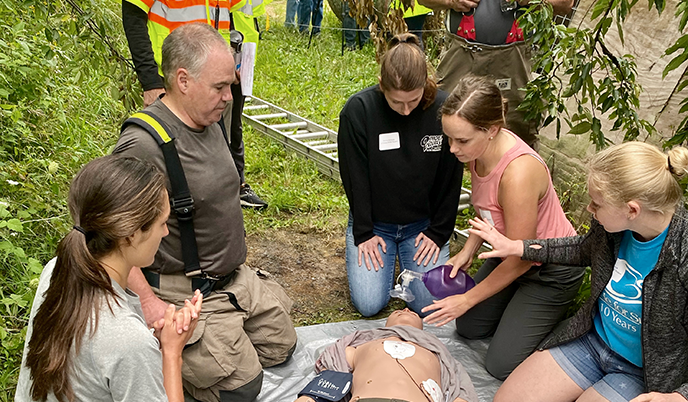
The Rural MD track focuses on underserved rural populations and under-resourced settings.
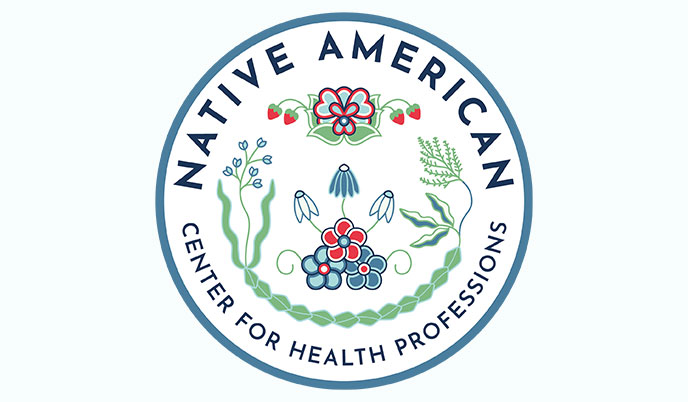
NACHP mentors and supports indigenous health professions students with a goal of reducing health inequities facing Native people.
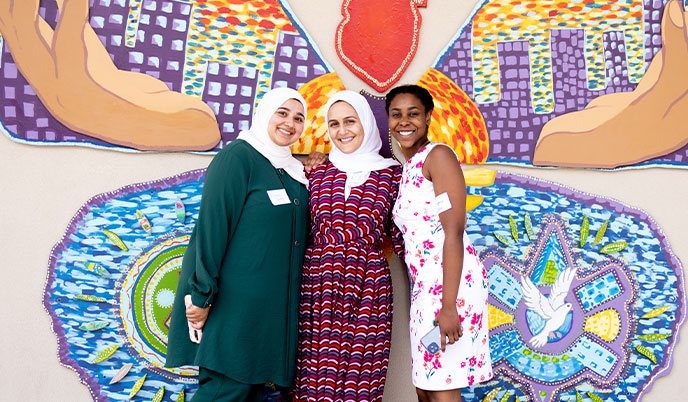
The Urban MD track focuses on care of underserved urban populations and improving health equity.
Community Service Initiatives
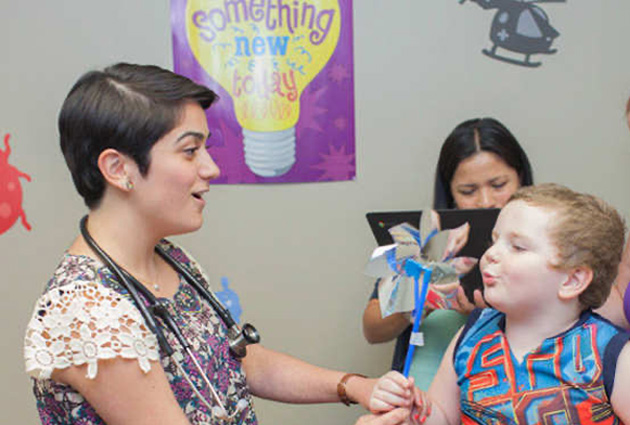
MEDiC is an interprofessional student-led organization that runs four free health clinics and partners with three other free clinics in the Madison area.
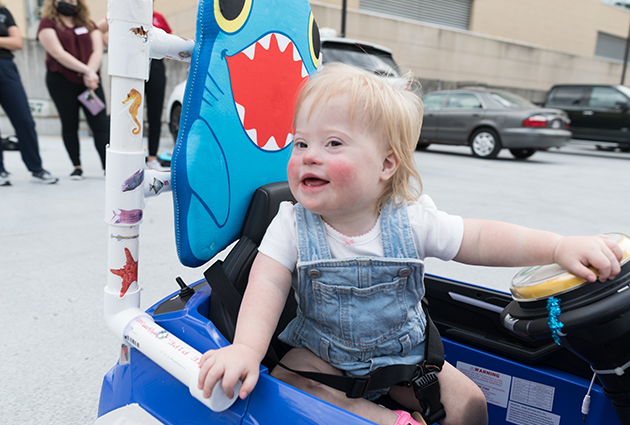
GoBabyGo is a free program, hosted by UW’s PT, OT and engineering students, that modifies toy ride-on cars for children with mobility impairments.
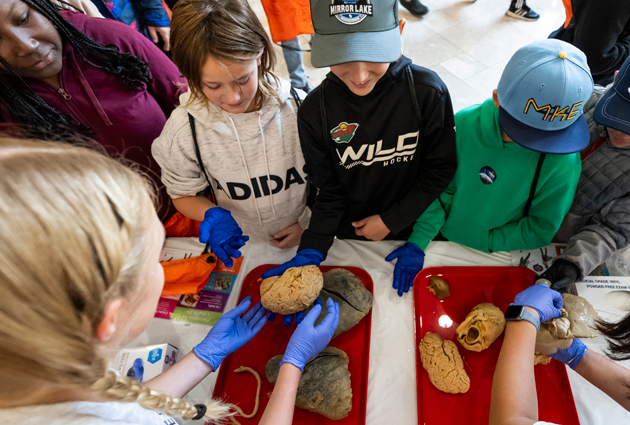
Doctors Ought to Care (DOC) is a nationwide group of physicians and medical students dedicated to working with young people to promote healthy lifestyles.
 A Bold Future for Biohealth in Wisconsin
A Bold Future for Biohealth in Wisconsin
Wisconsin’s designation as an Economic Development Administration (EDA) Regional Tech Hub for biohealth is driven by a collaborative consortium of industry leaders, public and private partners, and community organizations, with UW–Madison helping lead the way. This federal designation positions our state as an innovation hub, elevating our reputation through achievements in research, innovation and education. Together, we are making Wisconsin a global hub for personalized medicine.
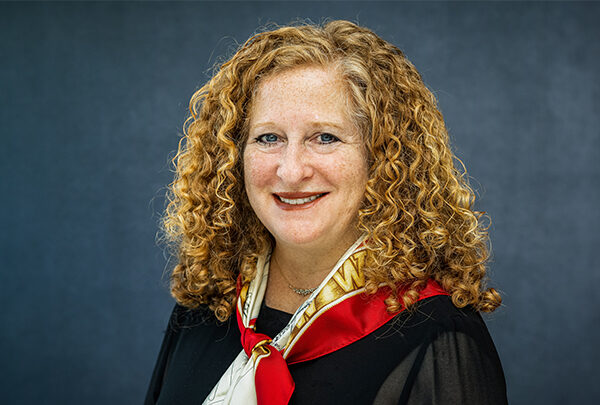
Jennifer M. Mnookin, University of Wisconsin–Madison Chancellor
Points of Pride
*2024 US News & World Report. University Hospital is a primary teaching hospital for our academic medical center.
